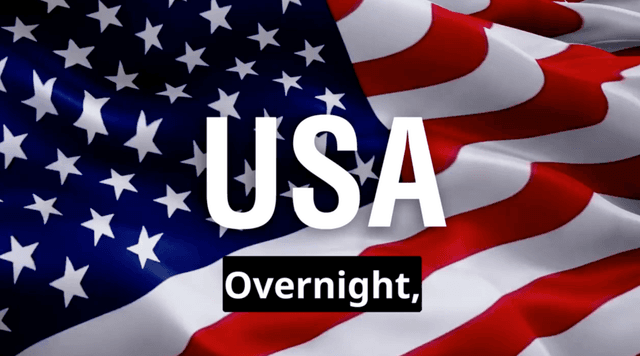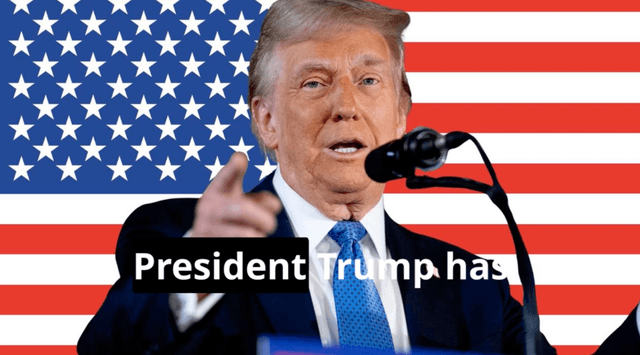FDA grants priority review to Takeda's first-in-class blood disorder treatment
Takeda (NYSE:TAK) and Protagonist Therapeutics (NASDAQ:PTGX) secured a major regulatory milestone on Monday as the U.S. Food and Drug Administration (FDA) granted Priority Review to rusfertide, an investigational treatment for polycythemia vera (PV).





-640x360.jpg&w=1200&q=75)
-640x360.jpg&w=1200&q=75)














